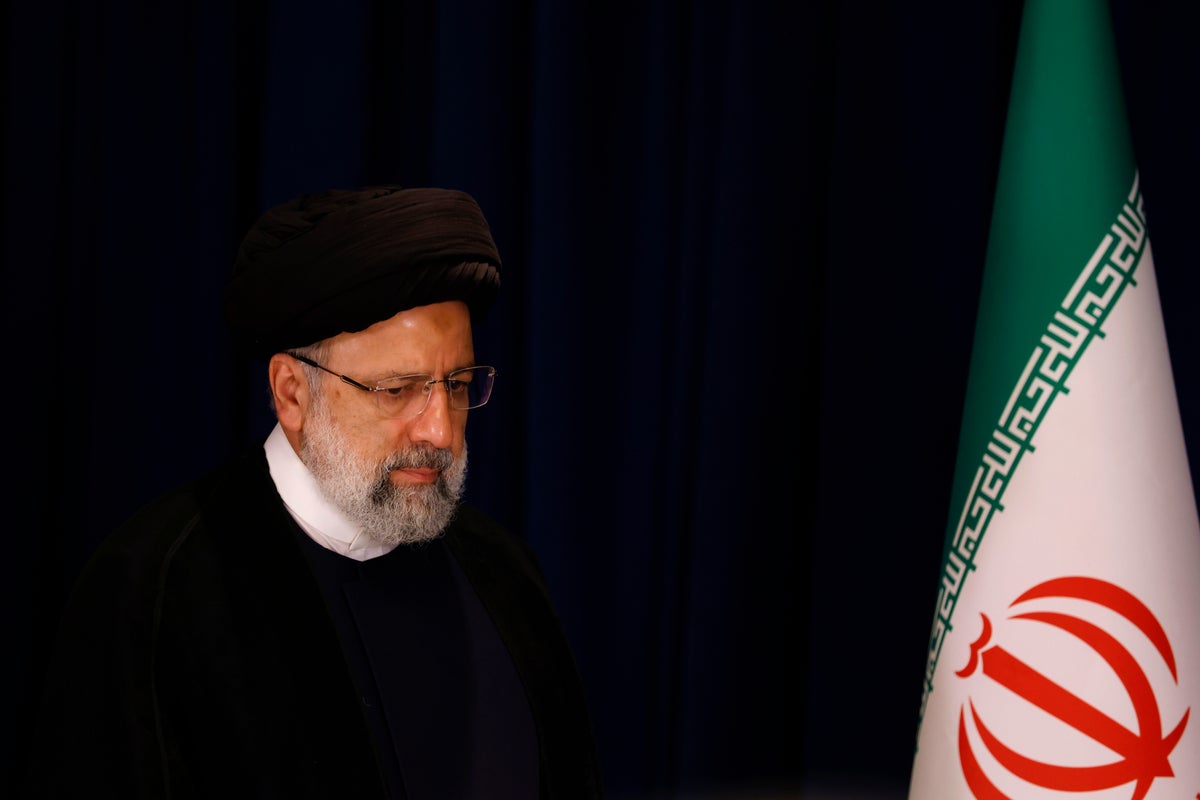
Western critics of Iran including the US State Department are up in arms after Iran’s representative to the United Nations was chosen as the host for a Geneva-based meeting on human rights.
The move was a predictably anger-inducing decision given the extensive history of human rights abuse accusations laid at the feet of Iran’s government and its president, Ebrahim Raisi, who is personally alleged to have played a role in massacres of dissidents decades ago. It drew condemnation from many, including the US ambassador to the council who refused to participate altogether.
"Any discussion led by representatives of a regime that continually, and with impunity, infringes upon its own citizens’ human rights is not just fruitless, but an insult to our shared ideals," Michèle Taylor said in a statement released on Thursday. “It is unacceptable that any body associated with the promotion and protection of human rights be chaired by a representative from a nation implicated in such persistent and flagrant human rights abuses as Iran.”
“We, alongside many members of the Human Rights Council, remain profoundly troubled by the Iranian regime’s continued repression of its own population, including through the use of technology: the very topic of today’s Social Forum on human rights.”
Israel’s former prime minister Naftali Bennett also ridiculed the news: “This is like granting [Osama] Bin Laden a Nobel Peace Prize,” he said, according to The Spectator.
At a press briefing hosted by an Iranian dissident group, the NCRI, other European experts including the president of the Italian Federation of Human Rights discussed a wide range of alleged Iranian human rights abuses. A letter was circulated with more than 100 human rights advocate signatories including Nobel laureates condemning the UN’s decision.
“Allowing a regime notorious for committing the 1988 massacre and daily executions and warmongering to take over a prestigious UN platform is a dagger to the heart of human rights, fuels terrorism and endangers regional and global peace,” the letter reads.
Iran, the experts claimed, would take the UN’s legitimising of its government and use it as “a green light for more torture and killing”, the letter went on to assert.
Reuters reported that the first session of the UN Human Rights Council itself was boycotted by representatives from some countries and was poorly attended overall.
United Nations flag— (Getty Images)
Iran was rocked by protests last year after a young woman, Mahsa Amini, died in police custody after being detained for improperly wearing a hijab. Her death outraged younger Iranians, who protested in the streets for months until violent crackdowns ended the demonstrations. Iran’s government blamed the protests on US and western interference.
Today, the US-Iran relationship is once again strained as the Biden administration has repeatedly cautioned Iran publicly against becoming involved, either by proxy or officially, in the conflict between Israel’s military and Hamas militants in the Gaza Strip. The scale of Israel’s military response to a shocking terrorist attack that left around 1,400 dead has enraged some of Israel’s neighbours as the death toll climbs in the Palestinian territories.
In recent weeks, the Biden administration was able to secure the release of five US citizens whom the State Department has said were wrongfully detained by the Iranian government; in exchange, the US released waivers freeing up $6bn in Iranian oil revenue held up by banks.







